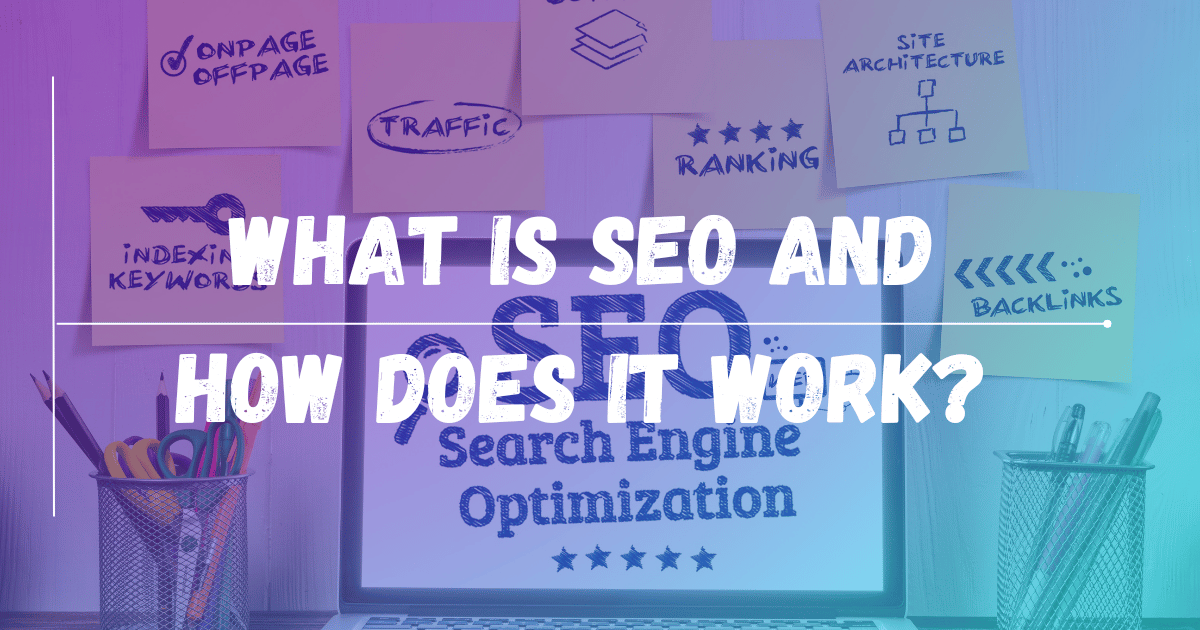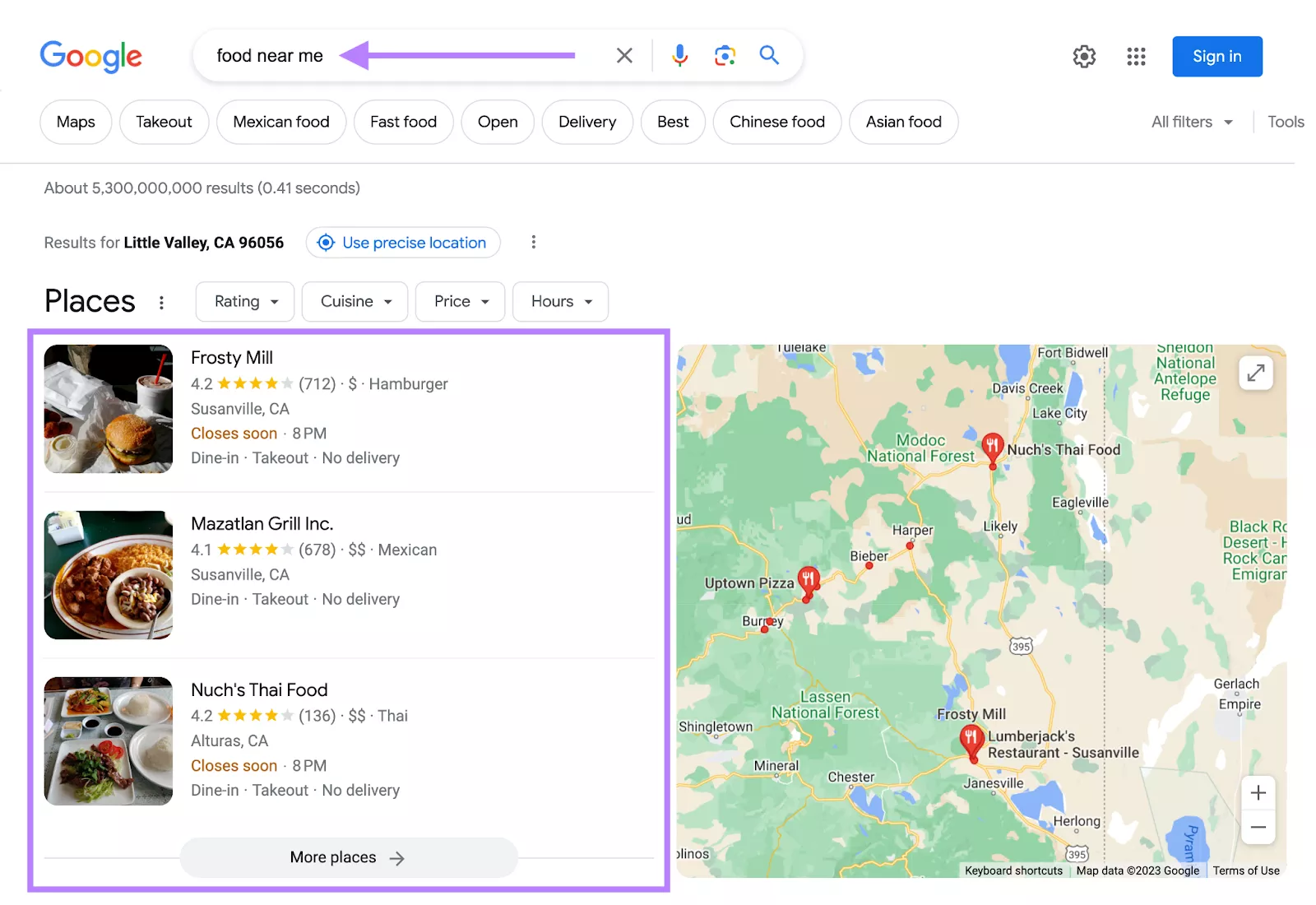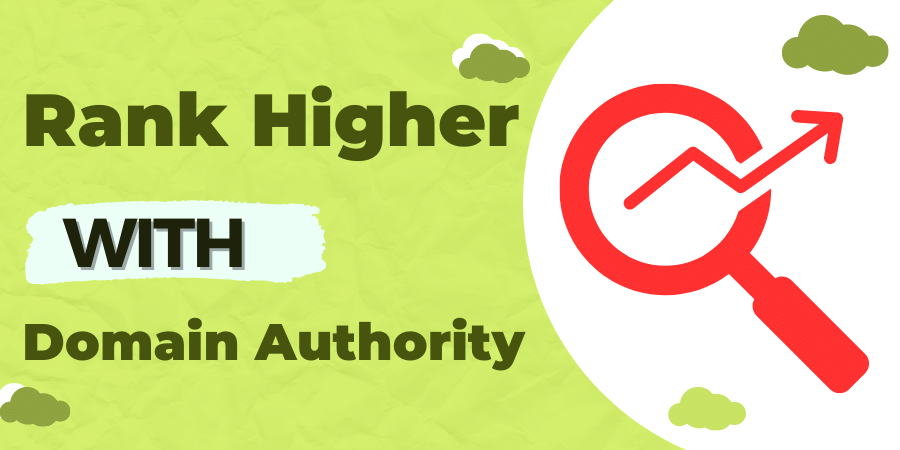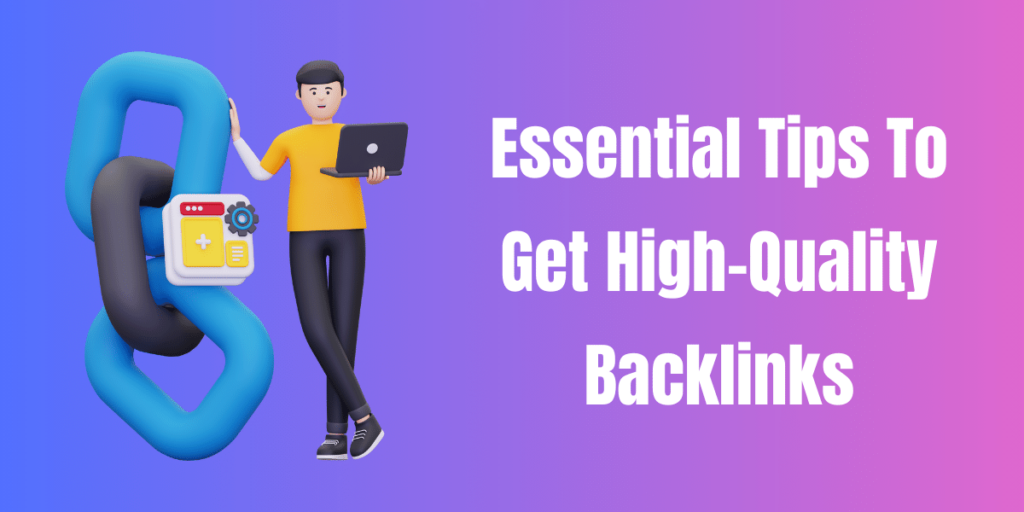
Hey there, fellow digital explorers! Today, I want to dive into the mysterious world of SEO – Search Engine Optimization.
Whether you’re a seasoned blogger or just dipping your toes into the vast ocean of online content creation, understanding the basics of SEO can truly make a difference in how your content is discovered and appreciated by your audience.
So, What Is SEO – Search Engine Optimization?
In simple terms, SEO is the art and science of optimizing your online content in a way that helps search engines like Google, Bing, and Yahoo understand what your content is all about.
By doing this, you increase the chances of your content appearing higher in search engine results pages (SERPs) when someone types in a related query.
Think of it this way – imagine you’ve written a fantastic blog post about the best coffee shops in your city. You want people who are searching for “best coffee shops” to find your post easily.
This is where SEO comes into play. By strategically using keywords, meta tags, and optimizing your content structure, you can signal to search engines that your post is a valuable resource on the topic.
But SEO is not just about keywords and meta tags. It’s also about creating high-quality, engaging content that resonates with your audience.
Search engines like Google value user experience, so factors like page load speed, mobile-friendliness, and overall website usability also play a crucial role in your SEO strategy.
Understanding the basics of SEO
understanding the basics of SEO is crucial for getting your content seen by a wider audience. First things first, keywords are your best friend when it comes to SEO.
These are the words and phrases that people are typing into search engines like Google to find content like yours.
By incorporating relevant keywords into your content, you increase the chances of your blog post or website appearing higher in search results.
Next up, meta tags and descriptions. These are the snippets of text that appear on search engine results pages, giving users a preview of what your content is about.
By optimizing your meta tags and descriptions with keywords and compelling language, you can entice more users to click on your link.
Don’t forget about backlinks! These are links from other websites that direct users to your content.
Search engines see backlinks as a vote of confidence in your content, so the more high-quality backlinks you have, the better your chances of ranking higher in search results.
Benefits of SEO
- Increased website traffic
- Improved brand awareness
- Cost-effective marketing
- Higher conversion rates
- Credibility and trust
- Long-term benefits
- Competitive advantage
- Data-driven insights
On-Page SEO

On-Page SEO is like the magic wand that helps search engines understand what your content is all about. It involves optimizing various elements on your website to improve your ranking in search engine results.
Sounds fancy, right? But fret not, it’s not as complicated as it sounds. First things first, start by doing some keyword research to understand what your target audience is searching for.
Once you have your keywords, sprinkle them strategically throughout your content – in the title, headings, meta descriptions, and within the body of your text.
But remember, don’t overdo it. Google is smart enough to spot keyword stuffing!
Next, focus on creating high-quality, engaging content that provides value to your readers. Make sure your website is user-friendly and loads quickly because nobody likes a slow website, not even Google.
Don’t forget about optimizing your images with descriptive alt text and compressing them for faster loading times.
Internal linking is another important aspect of On-Page SEO. Link relevant pages within your website to help search engines navigate your site better.
Off-Page SEO
While On-Page SEO focuses on optimizing your own website, Off-Page SEO is all about building your site’s reputation and authority across the vast landscape of the internet.
So, what exactly does Off-Page SEO entail? It’s all about activities that you do outside of your website to improve its search engine rankings.
This includes building backlinks, social media engagement, influencer collaborations, and online reputation management. Backlinks are like upvotes for your website in the eyes of search engines.
The more high-quality websites linking back to your content, the more credibility and authority your site gains.
So, don’t underestimate the power of guest posting, reaching out to other websites for collaborations, and participating in online communities to showcase your expertise.
Social media is another key player in Off-Page SEO. Engaging with your audience on platforms like Facebook, Instagram, and Twitter not only drives traffic to your site but also signals to search engines that your content is relevant and valuable.
Collaborating with influencers in your niche can also give your website a significant boost. When influencers share your content with their followers, it can lead to more backlinks, increased visibility, and ultimately, higher search engine rankings.
Lastly, managing your online reputation is crucial for Off-Page SEO. Monitor and respond to reviews, mentions, and comments about your brand to build trust and credibility with both users and search engines.
Local SEO

Local SEO, is all about optimizing your website and online presence to rank higher in local search results.
Why does this matter? Well, think about it – when someone in your area is looking for a product or service that you offer, you want your business to show up at the top of the search results, right? That’s where Local SEO comes in.
One of the key components of Local SEO is ensuring your business information is consistent across all online platforms, such as Google My Business, Yelp, and social media profiles.
This includes your business name, address, phone number, and website URL. By keeping this information accurate and up-to-date, you not only improve your chances of ranking higher in local searches but also make it easier for potential customers to find and contact you.
Another important aspect of Local SEO is optimizing your website for local keywords. This means incorporating location-specific keywords throughout your website content, meta tags, and headings.
By doing this, you signal to search engines that your business is relevant to local search queries, increasing your chances of appearing in local search results.
Technical SEO
Technical SEO might sound daunting, but it’s basically just optimizing your website for search engines to crawl and index effectively.
This includes tasks like improving site speed, fixing broken links, optimizing meta tags, and ensuring your site is mobile-friendly.
One key aspect of Technical SEO is creating a sitemap – a roadmap for search engines to navigate your site easily.
By submitting your sitemap to search engines, you’re helping them understand your site’s structure better, which can lead to improved rankings.
Another important element is optimizing your site’s URL structure.
Clean, descriptive URLs not only improve user experience but also make it easier for search engines to understand what your pages are about.
Conclusion
Thank you for taking the time to learn more about SEO with us. I hope this blog has provided you with a better understanding of What Is SEO? , how SEO works and how it can benefit your online presence.
If you have any questions or would like to share your thoughts on SEO, please feel free to leave a comment below.
Remember, SEO is a crucial component of digital marketing, so make sure to implement these strategies in your own marketing efforts.
Stay tuned for more informative content from D-marketing!
Bonus tips : Now, let’s bring the secret to light – SEO is not a one-time task. It’s an ongoing process that requires constant monitoring, tweaking, and adapting to ever-changing search engine algorithms.
This means staying updated with the latest SEO trends, experimenting with different strategies, and analyzing your results to see what works best for your specific audience.








